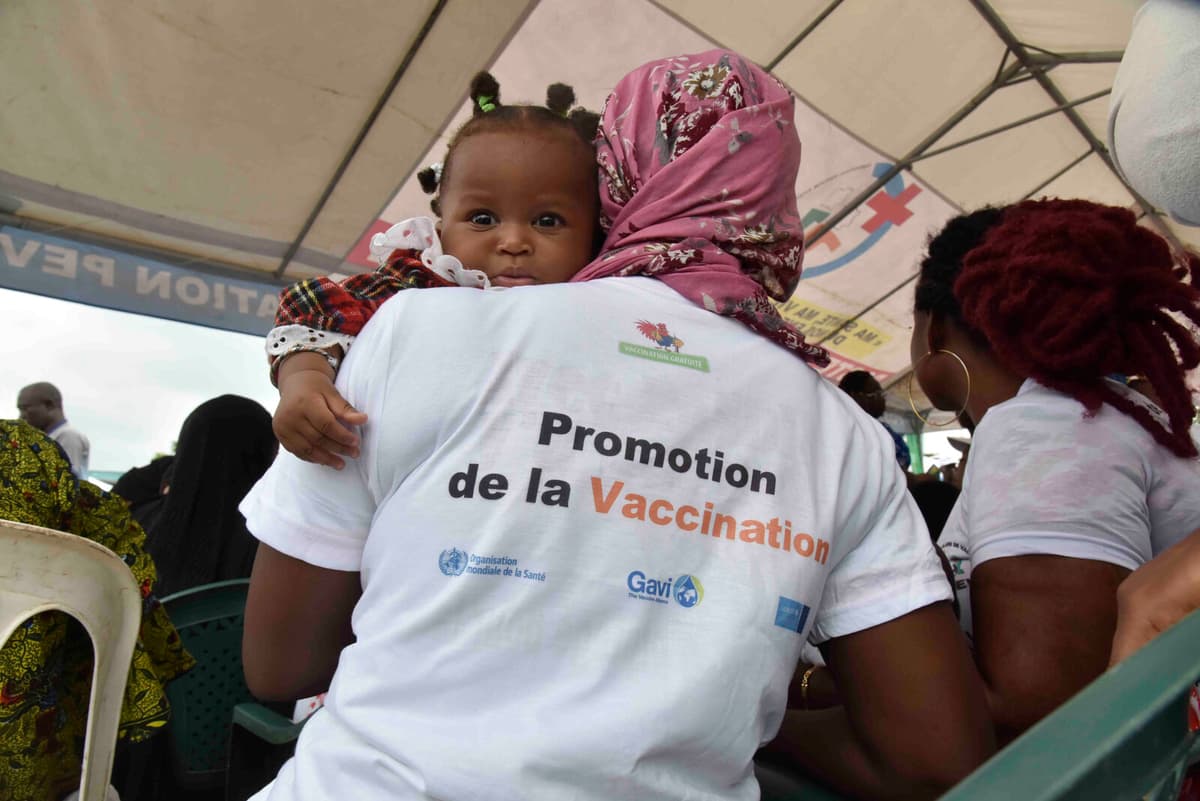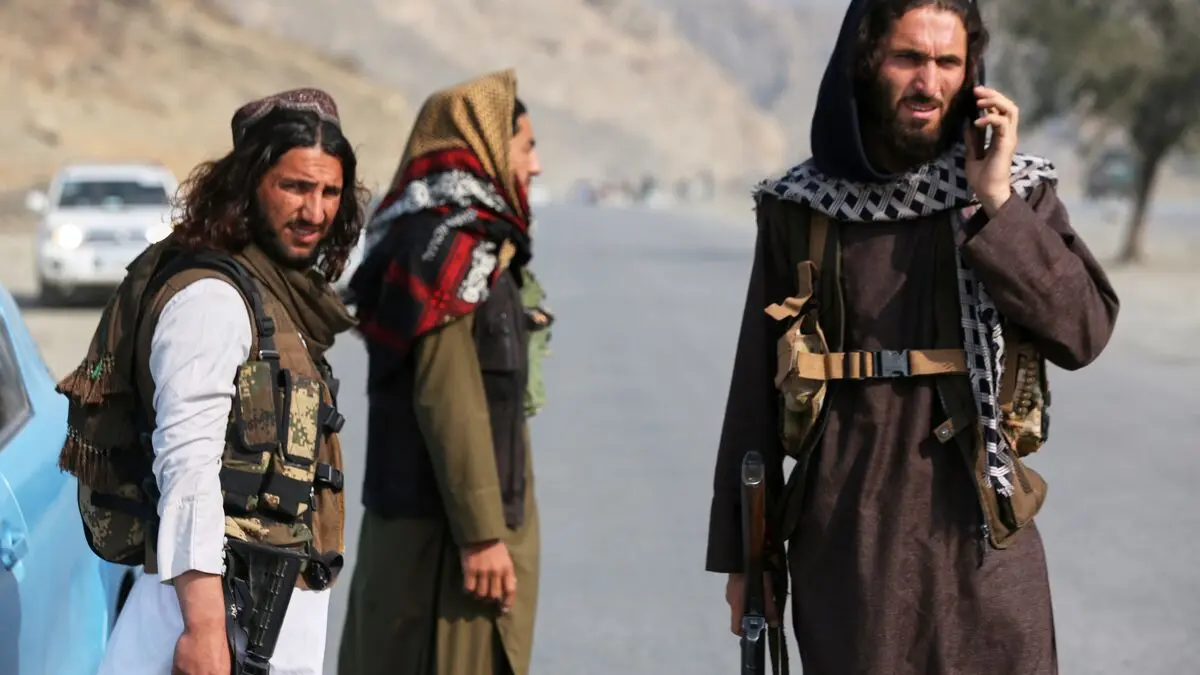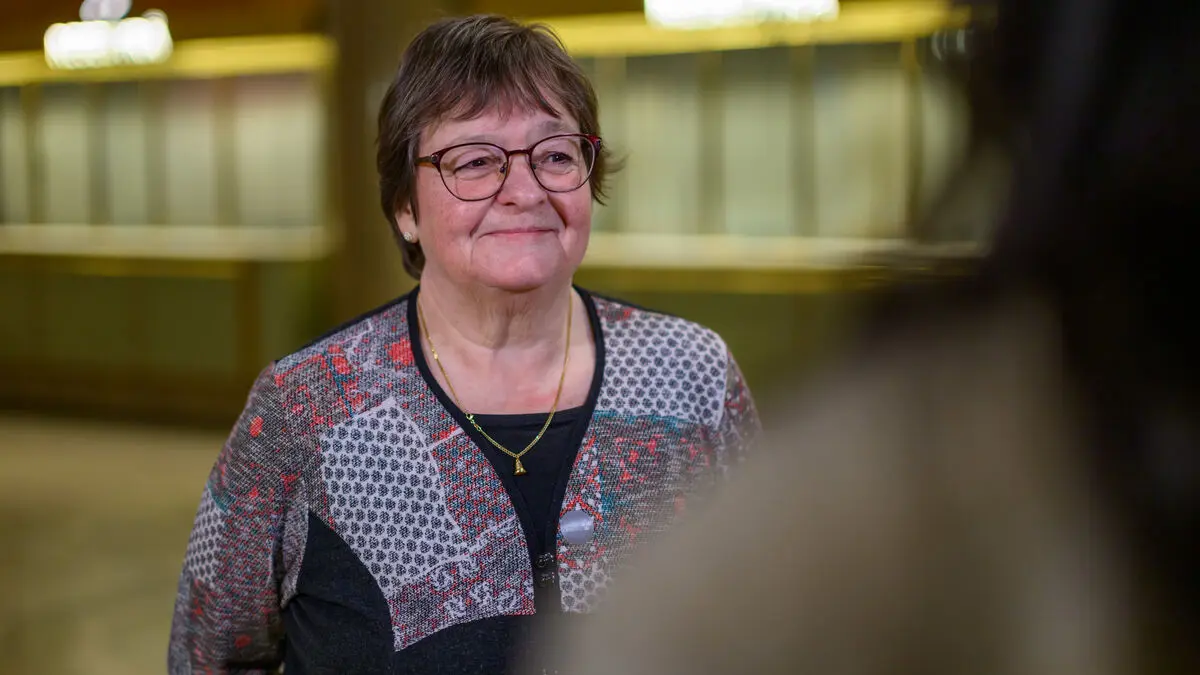More than a thousand children under the age of five – almost one every minute – die daily from malaria, according to Unicef. Many of the deaths could have been avoided with preventive measures and proper treatment, according to the UN agency.
This month marks the start of what is commonly referred to as the "malaria season" in large parts of Africa. In light of the US decision to shut down 90 percent of the country's aid projects, local health authorities are warning of an impending catastrophe in some of the world's poorest corners.
Malaria medication and mosquito nets are everyday items in countries where the mosquito-borne disease is rampant, says Dr. Jimmy Opigo, who leads Uganda's fight against malaria.
There must be a constant supply, he says.
Race against time
Since Trump cut off most of the US aid in January, Opigo has focused all his efforts on disaster preparedness. It's a race against time, but without money. Measures with mosquito control agents that were supposed to start in February – ahead of the coming rainy season – have been postponed indefinitely.
We must spray the houses before it rains, when the mosquitoes multiply, says Jimmy Opigo.
When the US, which has been the largest financier in the fight against malaria, withdraws its support, warnings are being issued of a sharp increase in severe malaria.
Vaccination continues
A one-year break in the supply chain for malaria control will lead to nearly 15 million new cases that could have been avoided, according to Washington-based Malaria No More. This, in turn, means 107,000 new deaths worldwide, the organization reports.
According to WHO, malaria claims around 600,000 lives annually.
The vaccination programs that have been introduced in several African countries in recent years are, however, expected to continue, thanks to a global vaccine alliance, despite the US's complete turnaround.
Malaria is a widespread disease in tropical and subtropical parts of the world and is spread through mosquitoes.
Common symptoms include recurring fever and chills every other or every third day. Other symptoms may include nausea, headache, and muscle pain. A certain type of malaria, Plasmodium falciparum, can lead to unconsciousness and shock. It is therefore important with early diagnosis and treatment.
Almost all deaths due to malaria affect children in Africa, but since 2000, deaths have decreased significantly due to increased use of mosquito nets, mosquito control agents, more effective treatment, and better diagnosis.
Source: The Public Health Agency






